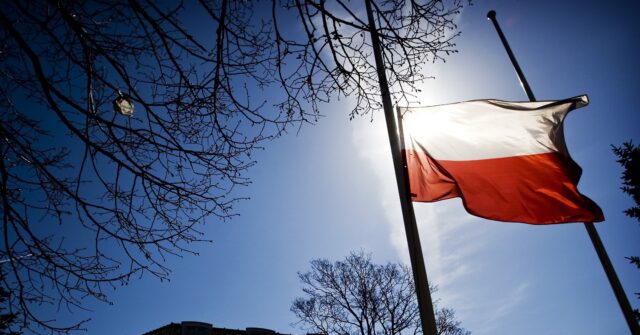Poland has announced its decision to reactivate its embassy in North Korea, marking a significant diplomatic move amid heightened global tensions and the ongoing war in Ukraine. Poland, a NATO member, is the second Western nation to resume diplomatic operations in Pyongyang, following Sweden’s lead in September. This reopening of diplomatic channels aims to foster communication between NATO countries and North Korea, which has increasingly aligned itself with Russia. The Polish Foreign Ministry recently sent representatives to the North Korean capital to facilitate this process, emphasizing the visit’s technical and political importance as they work towards a sustainable diplomatic presence.
The Polish embassy in Pyongyang had been closed since December 2020 due to North Korea’s stringent COVID-19 measures, which included a complete border shutdown. This intervention effectively halted the embassy’s regular operations and diplomatic functions. With the global situation evolving, both Poland and Sweden’s embassies can now serve as conduits for dialogue between North Korea and the West, particularly as these countries represent several nations without direct diplomatic ties to Pyongyang. The reopening of these missions indicates a strategic effort to engage with North Korea on various fronts, including the implications of the conflict in Ukraine.
The restoration of diplomatic relations is especially pertinent in the context of the ongoing war in Ukraine, which has drawn in multiple global players and influenced regional security dynamics. NATO and the European Union, to which Poland and Sweden belong, have been working to leverage their combined influence to persuade China to intervene in North Korean activities. There are concerns about North Korea’s role in providing military support to Russia, including the reported deployment of up to 12,000 North Korean troops to assist in the fight against Ukrainian forces. This mutual exchange of military aid has raised alarm bells in the West, prompting urgent calls for action to counteract these developments.
As NATO member states, both Poland and Sweden are positioned to play a critical role in addressing the security challenges posed by North Korea’s military ambitions and its alliance with Russia. The Polish embassy’s reopening signifies a renewed commitment to engage diplomatically with North Korea in the hope of curbing its support for Russian military efforts. The situation underscores how interconnected global diplomacy can be, especially when security concerns transcend regional boundaries and involve multiple state actors.
Moreover, the potential for future collaboration or dialogue remains uncertain, prompted by North Korea’s unpredictable political landscape and its historical resistance to outside influence. Nonetheless, Poland’s decision to re-establish its diplomatic mission indicates a willingness to engage with what has become a complex geopolitical issue. The revival of these diplomatic channels is seen as a necessary strategy amid the backdrop of increasing hostilities and alliances forming across different parts of the globe, chiefly involving Russia and its allies.
In conclusion, Poland’s reactivation of its embassy in North Korea serves as a testament to the evolving nature of international diplomacy during a period marked by conflict and cooperation challenges. With both Poland and Sweden re-engaging diplomatically with North Korea, there is an underlying hope that these efforts may influence North Korea’s actions and mitigate its support for Russia in the ongoing war. As these diplomatic missions come back to life, the world watches closely to see how the interplay of these nations will shape the future of international relations and security concerns across Europe and beyond.

